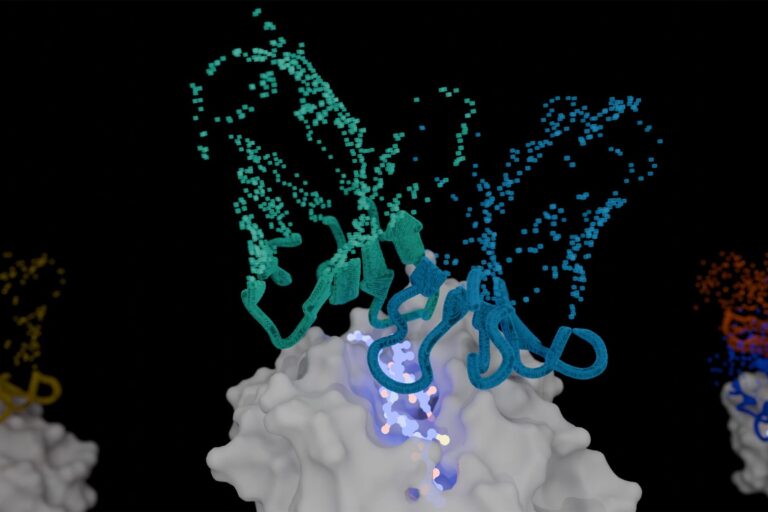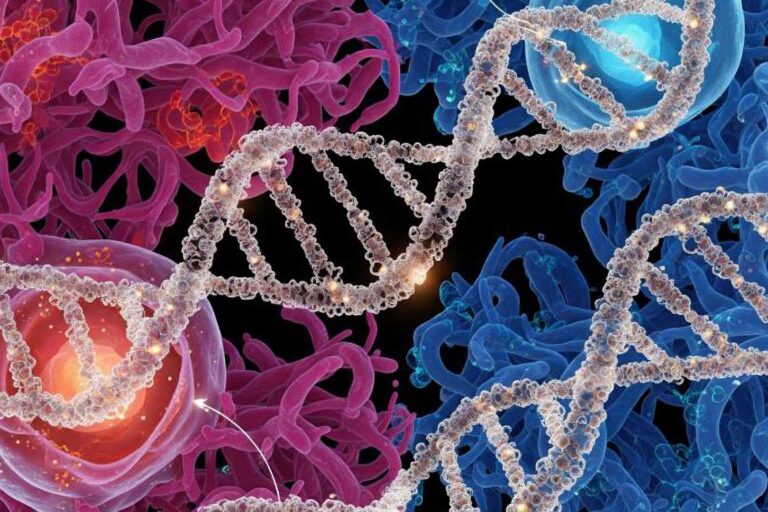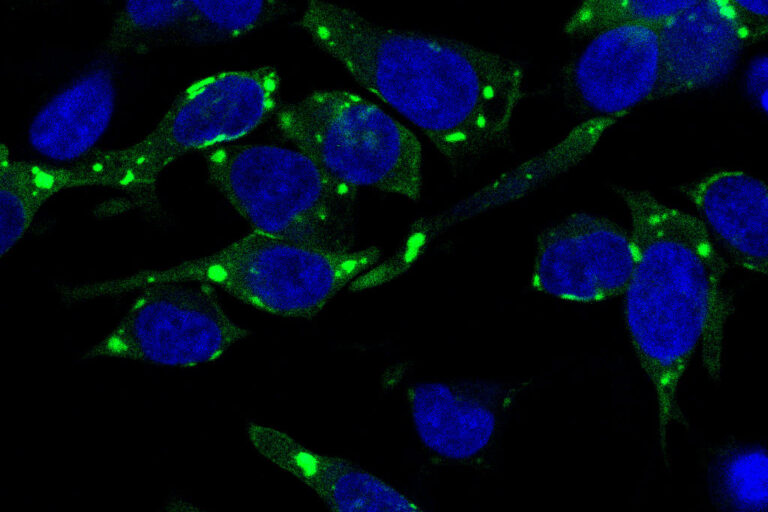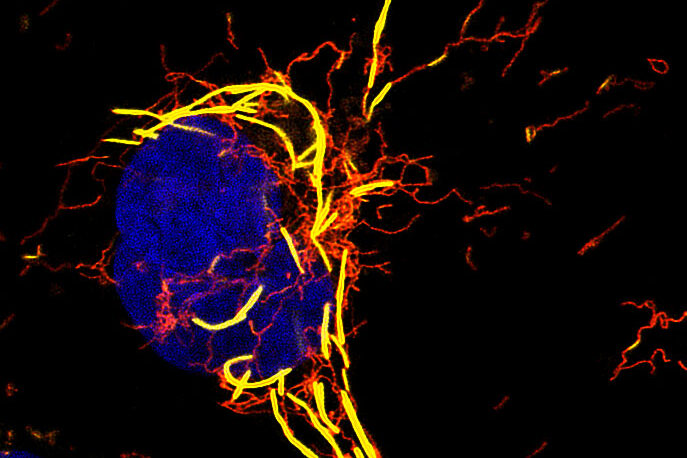- Home
- /
- Scientific divisions
- /
- Integrative Biology
- /
- Computational biology
The areas of biotechnology have benefited significantly in recent decades from advances in science and technology which have led to the production of large quantities of data on biological systems. Today, a biological process can be approached considering gene architecture, protein structure and diversity, as well as the diversity of these events within the population (population genetics).
This approach makes it possible to characterize the functional potential of biological systems through spatial, temporal, and environmental analyses, revealed by genomic, proteomic, and transcriptomic data. The complexity of these data demand parallel development of data analysis, modeling strategies, and computational structure compatible with the magnitude of the problems.
LNBio stands out in the development of precise theoretical computational models, using experimental data from biological macromolecules and high-performance processing. These models provide researchers with a better understanding of the biological function of biomacromolecular systems, allowing hypotheses to be developed and analyzed in silico. This accelerates the production of accurate results, conserving resources and reducing the costs involved in experimentation.





